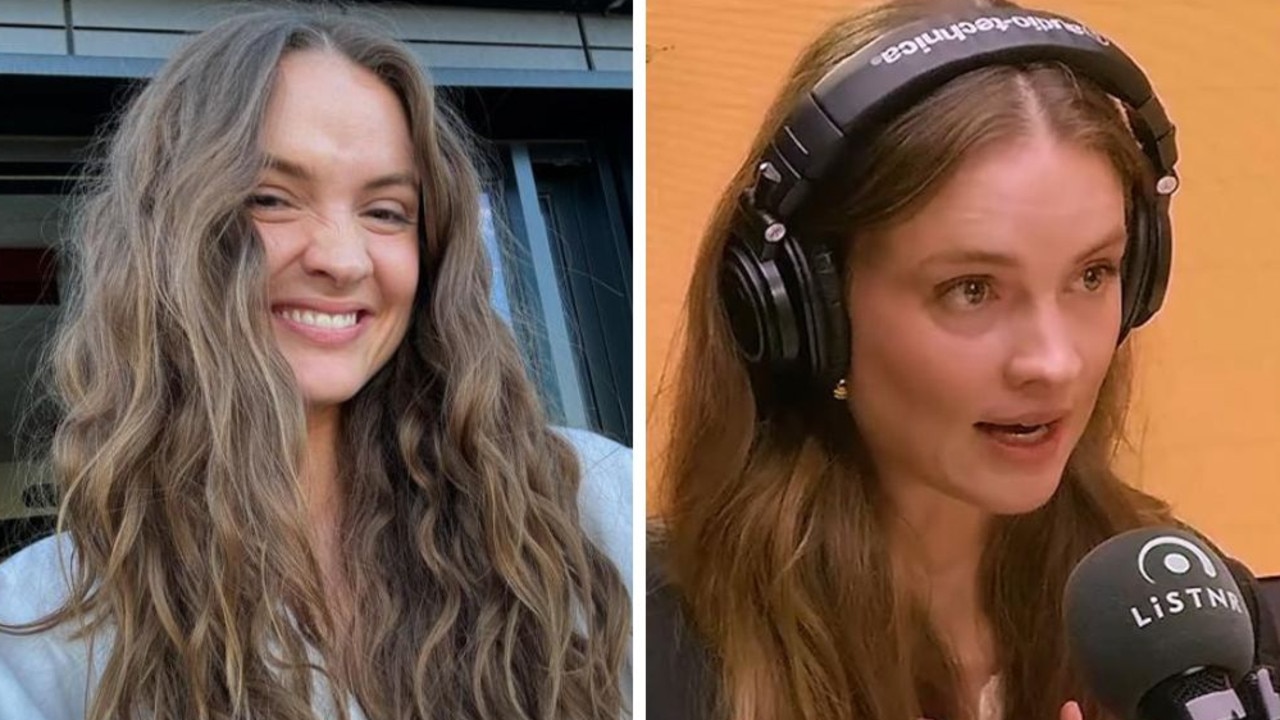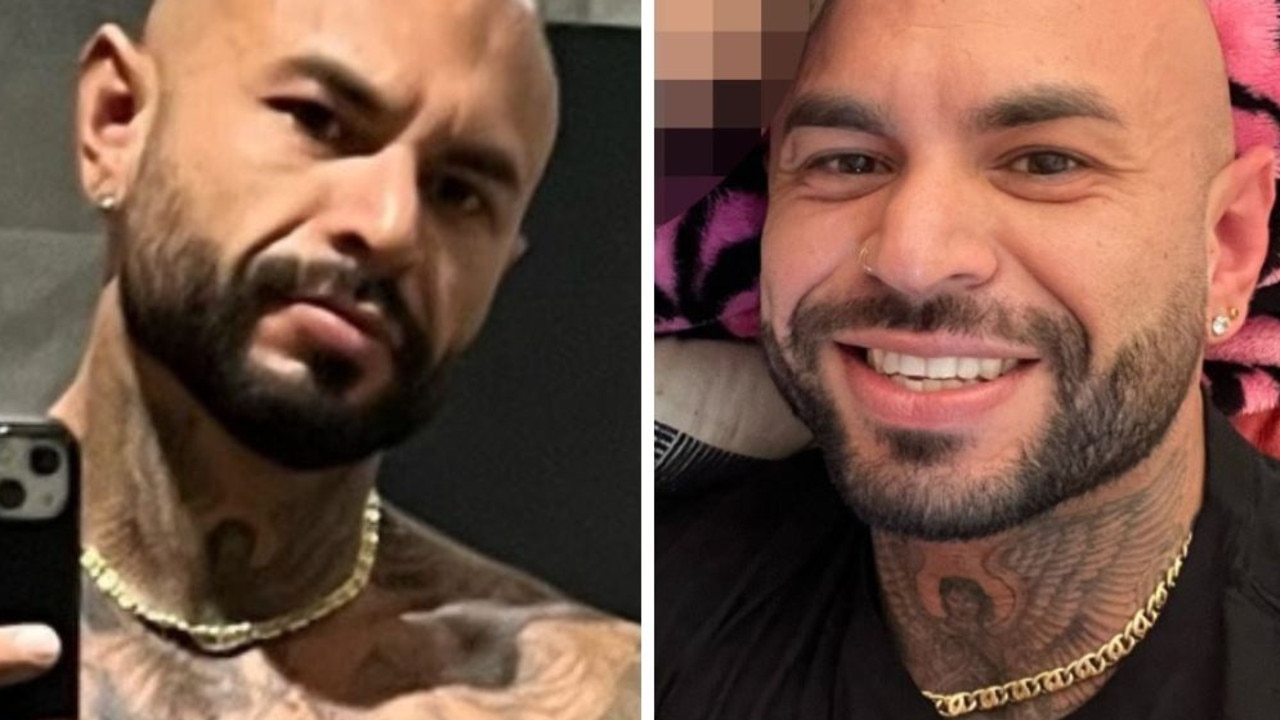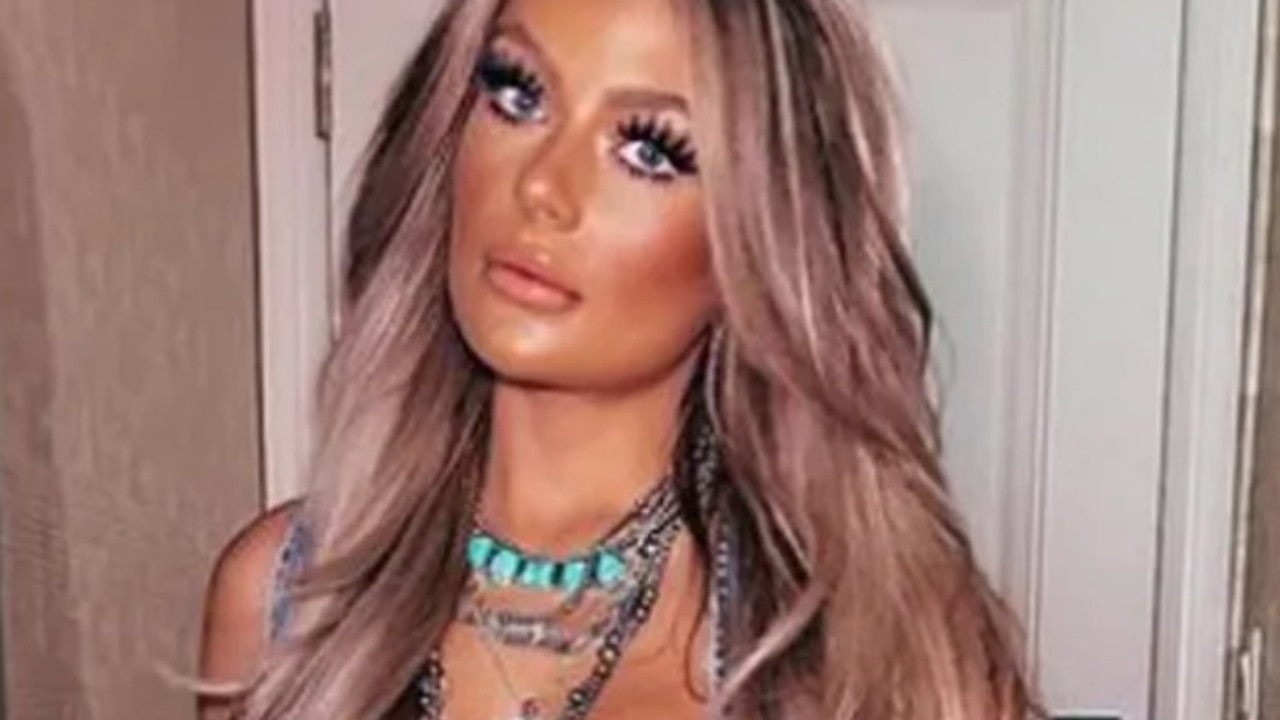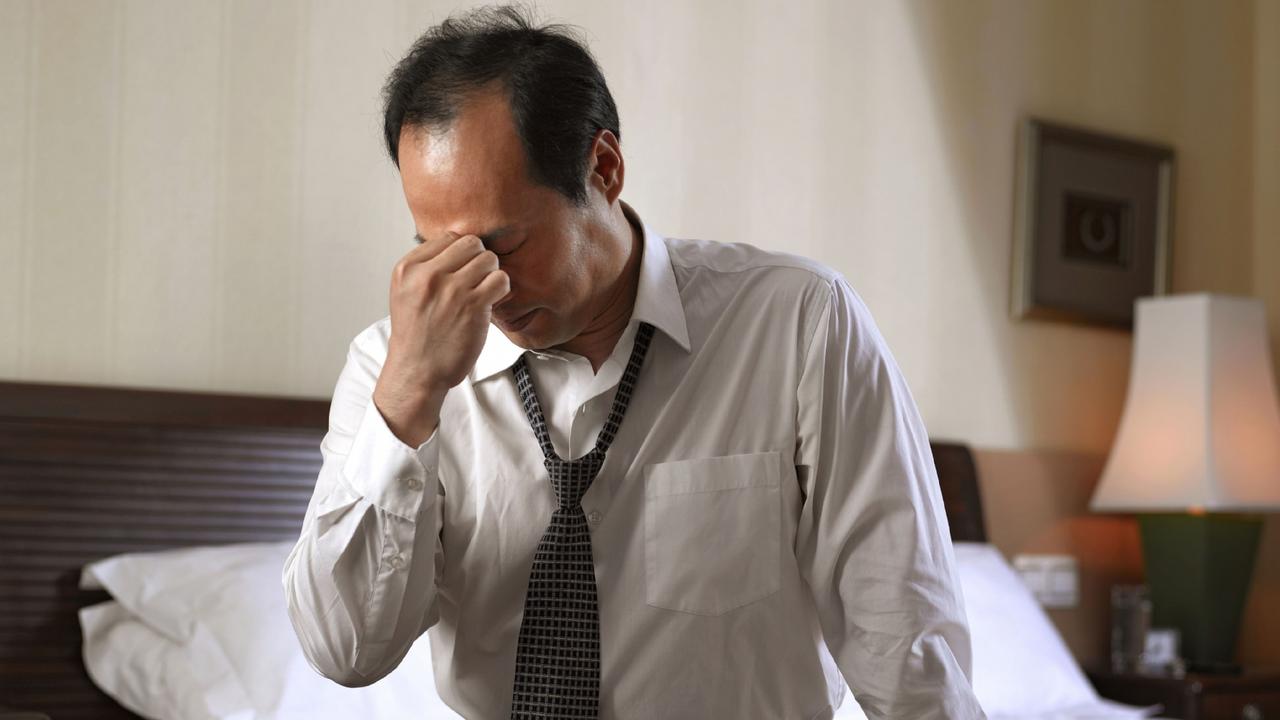‘It devastated me’: Aussie star’s brave new mission
Melinda Schneider made her name playing the cheerful Doris Day, but offstage her own life was far from rosy. WATCH THE PANEL DISCUSSION.
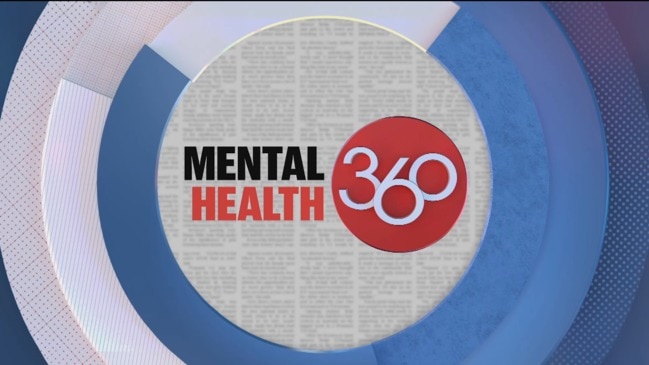
Health
Don't miss out on the headlines from Health. Followed categories will be added to My News.
Melinda Schneider had no clue why she was feeling so unwell when she came home from a gig on Mother’s Day in 2018.
“I’m not very well, something’s happened to me,” she told her partner, fellow musician Mark Gable.
He had his suspicions, suggesting she was exhausted from a grueling schedule and should go to bed, watch Netflix and take a break from work. Schneider stayed in bed for six weeks.
“During that six weeks, all of those feelings most people experience with depression - sadness, defectiveness, shame, hopelessness, helplessness, self-hatred - all sorts of feelings came up, and I didn’t really understand that it was depression at the time. I just thought I was exhausted,” she said.
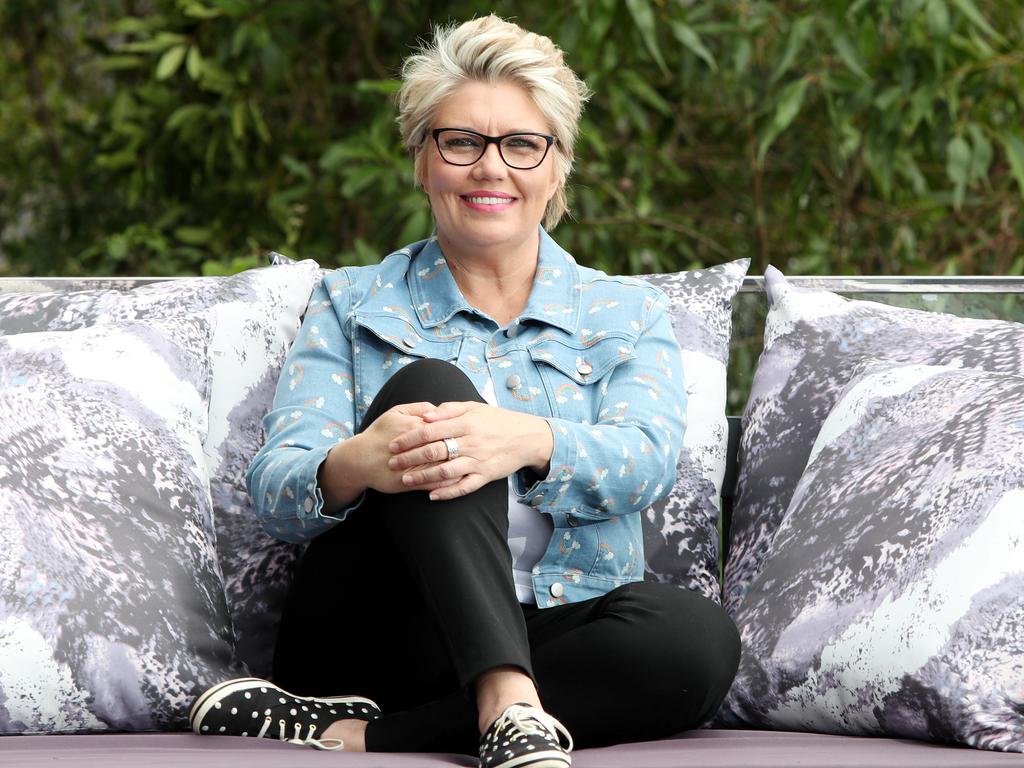
Schneider went to see her GP, who diagnosed her with adrenal fatigue and depression, and recommended medication as part of her treatment.
The singer, who was juggling six shows a week with her successful Doris Day tribute and raising their seven-year-old son Sullivan, refused to take medication.
“I just didn’t like it for some reason, even though I’ve lived with Mark for 12 years and he has had depression for 14 years and he’s been on medication all this time,” she said.
“I just thought I was strong enough, I’m stoic, I get on with it, I’m a survivor and I just hadn’t had that experience of a collapse before.”
Schneider picked up her frantic pace again, pushing herself to her limits in the quest for the perfection which had driven her since she was a child. She first entered showbusiness at the age of eight, sharing the stage with her famed yodelling mum before launching her own recording career in the late 1990s.
She was struck by a second bout of depression in April last year, her illness compounded by crippling grief in the wake of the deaths of two close friends, one from suicide.
“That devastated me, absolutely devastated me. I was so low at that point. And Doris Day died around that time too and my promoter wanted me to go out on a farewell to Doris tour in September and I just didn’t know how I was going to do it,” she said.
“The fact that I’ve embodied Doris Day for the last decade is an irony that isn’t lost on me, the woman who is always happy and smiling and gay. And here I was on the floor.
“So I had to get help at that point.”
Schneider found a psychiatrist near her home of the NSW Central Coast who again recommended medication – which she agreed to - along with therapy to help her understand her illness.
It took another year before Schneider felt strong enough to tell her friends and fans about her depression.
“I asked a lot of trusted friends if I would be a disappointment to people because I’ve had this perfect public image of the happy, girl next door, even in my country music career, it was a bit Doris Day. But that was only one part of me and I’m not perfect,” she said.
Schneider has now accepted the role as ambassador for the Rural Adversity Mental Health Program to share her experiences and dispel the stigma around mental illness.
“I had to stop judging myself. And as my doctor said, be strong but not too strong,” she said.
Her mantra is to work at a steady pace, not the frenetic “fight or flight” state that fuels anxiety and flooded her body with the stress hormones which take a dangerous toll on physical and mental health.
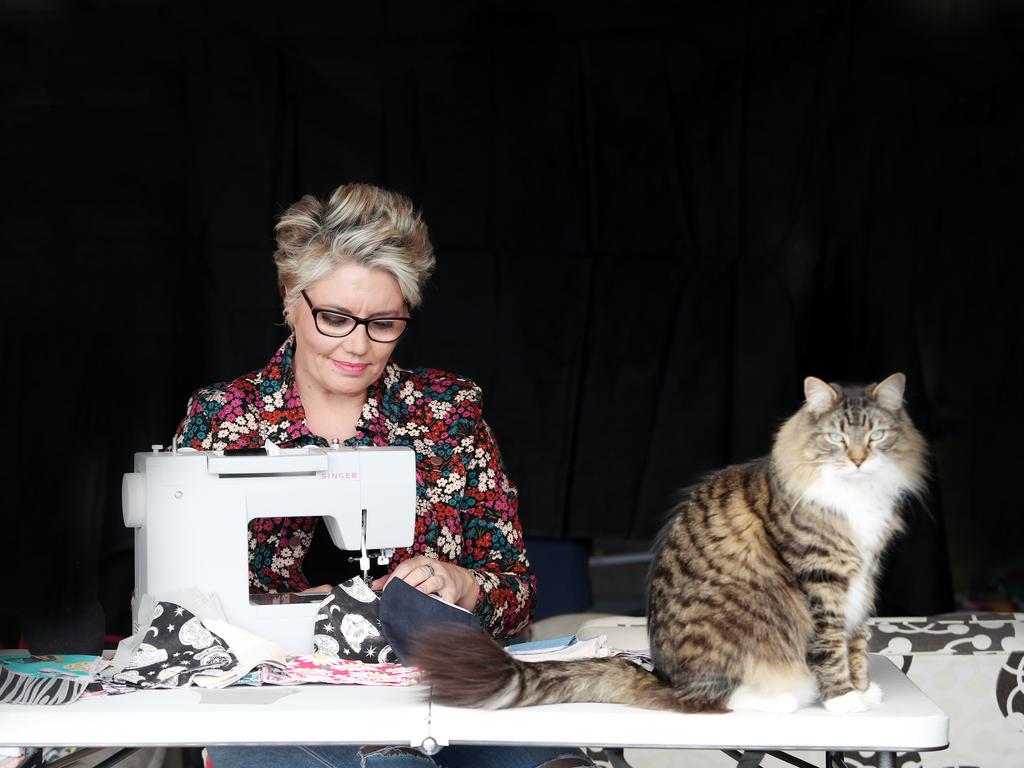
Although that newfound state-of-mind didn’t stop her from waking up at 3am during the COVID lockdown that stalled her performance work with the idea of Be Gentle On Yourself EP and website.
The songwriter dug out a song called Be Gentle On Yourself, penned 20 years ago with Hoodoo Gurus frontman Dave Faulkner, and a clutch of other tunes which promote self-care, to release as an EP to highlight the work of RAMHP.
When she finally resumes her Farewell To Doris tour in March next year, Schneider will also stage keynote speeches with RAMHP to address the mental health crisis in rural and regional Australia.
“We think we’ve been isolated this year with Covid but that’s how they live decades and decades of their lives,” she said.
“We think the last year has been uncertain, they’ve had it like that for generations and it has to take its toll when you actually enduring it for that long.
“They have to possess stoicism to get through droughts and financial difficulties and uncertainty and all of that stuff, but you can be too strong for too long. And that’s why I think that’s why some people break because it’s just not possible physically to be doing that for years on end.
“RAMHP help put them in touch with the resources and the help that they need to heal.”
More Coverage
Originally published as ‘It devastated me’: Aussie star’s brave new mission





